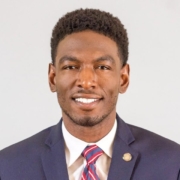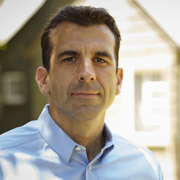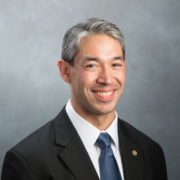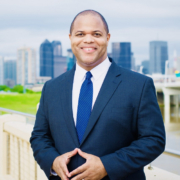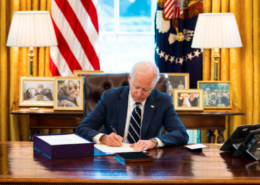Investing in Affordable Child Care in Maine
NewDEAL Leader Speaker of the Maine House Ryan Fecteau is working to meet the needs of Maine residents struggling to find affordable, quality child care by sponsoring a bill that would require several state agencies to prioritize the training and recruitment of more workers into the childcare profession. Additionally, once COVID-19 relief funds that will be used for a similar purpose are exhausted, the legislation would allocate $4.5 million each year to continue supplementing higher wages, as chronically low wages make worker retention and recruitment difficult. Read more about Rep. Fecteau’s bill here.


